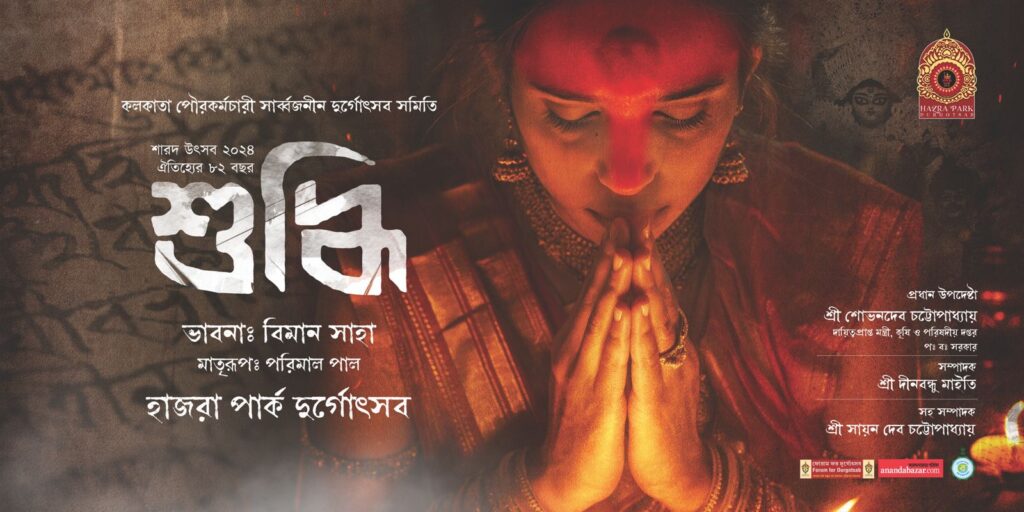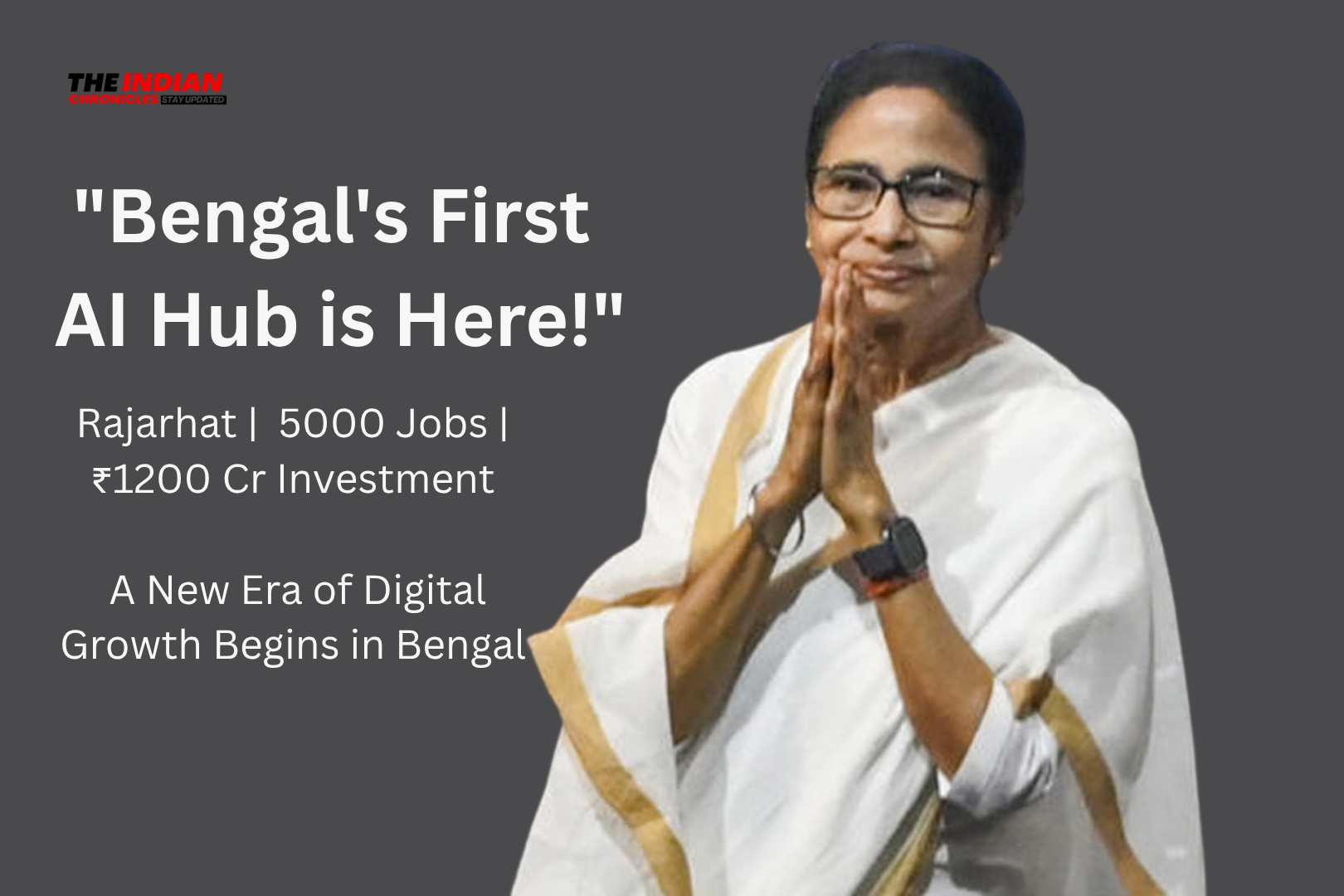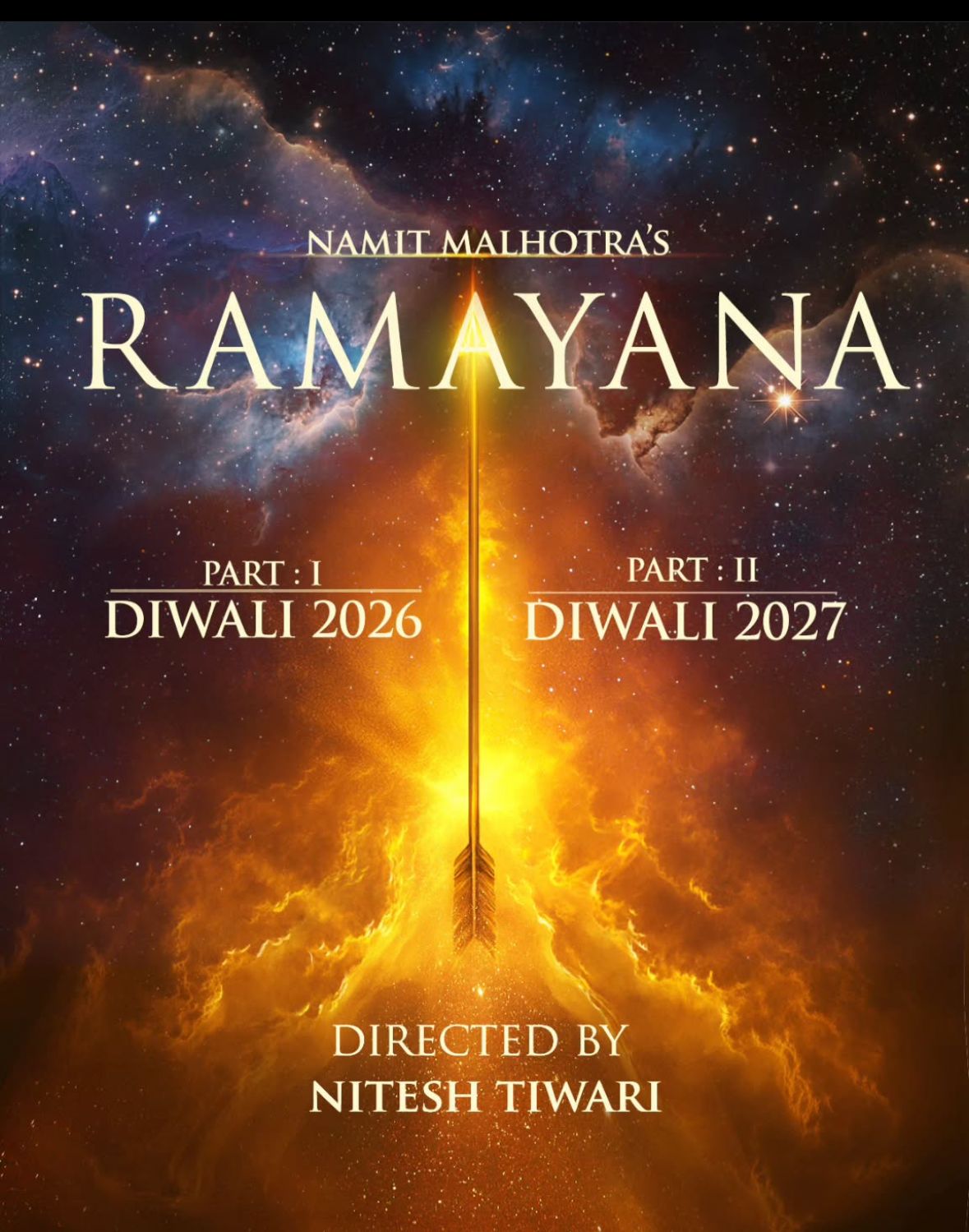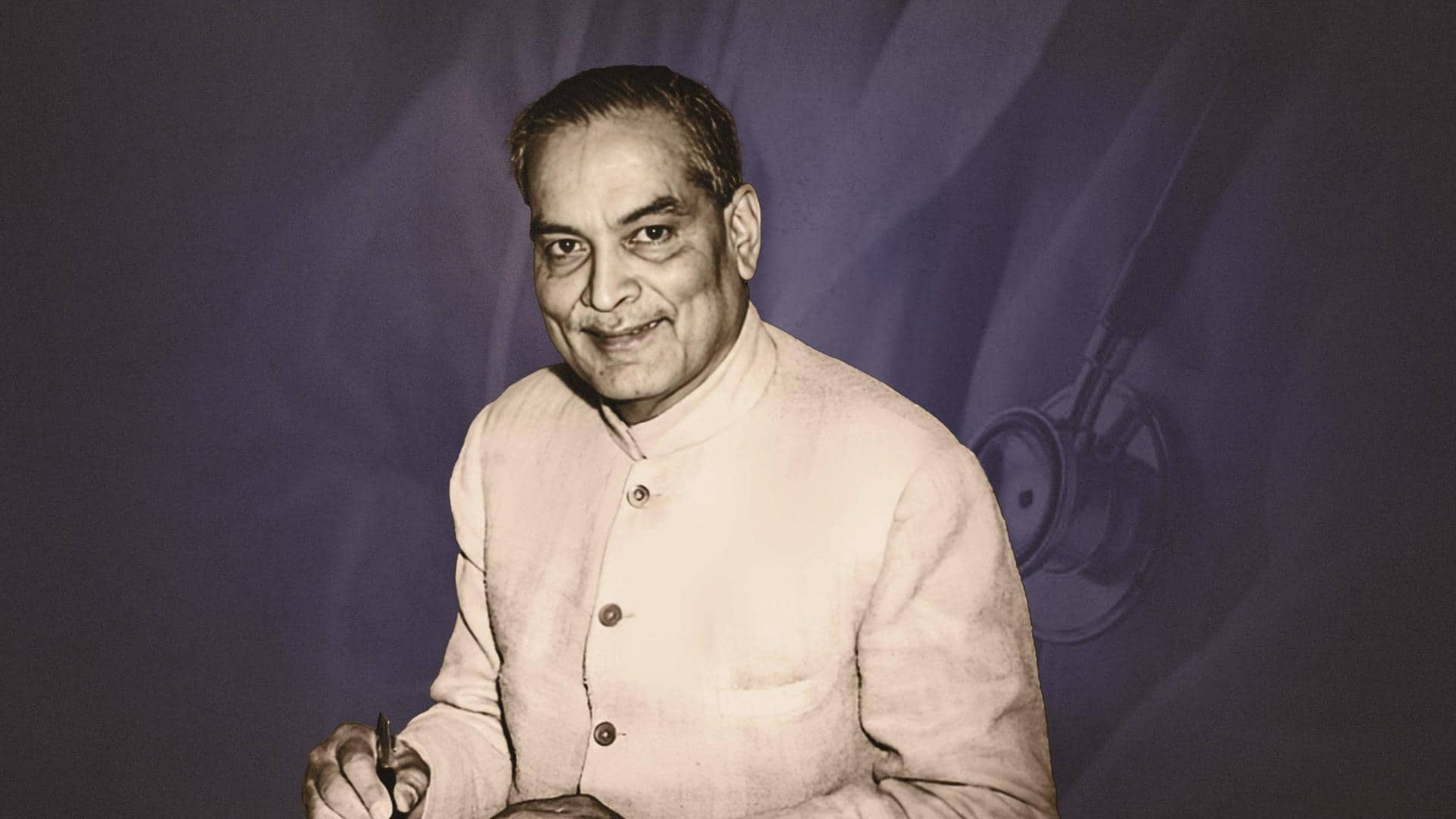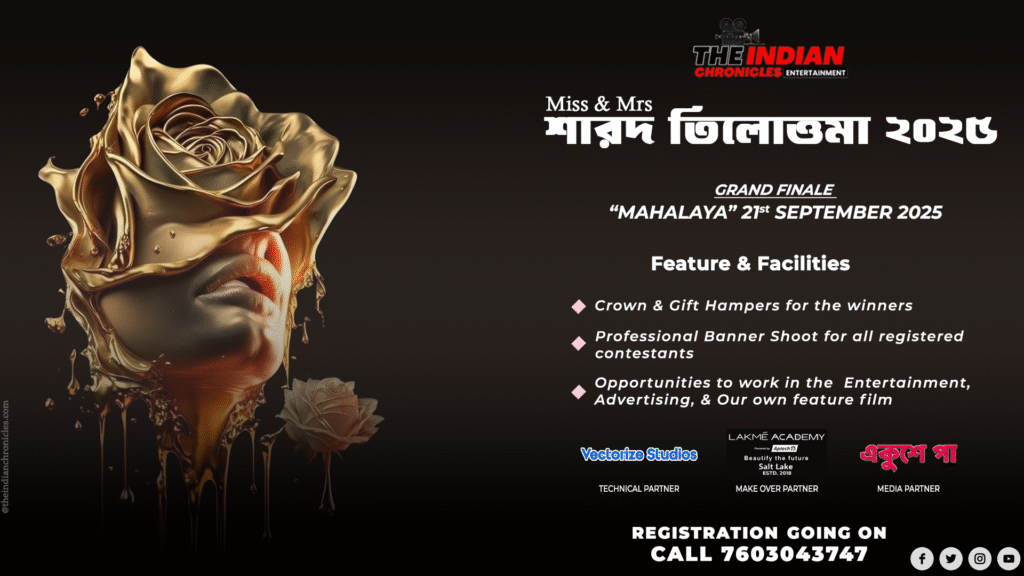A Legacy of Social Justice
Hazra Park Durga Puja, marking its 82nd year, embraces the theme “SUDDHI,” meaning purification. The puja, deeply rooted in social justice, began as a small gathering organized by Kolkata’s Dalit community in 1942. Over time, it has evolved into a major cultural event, yet remains committed to its origins of fighting caste-based discrimination and promoting equality.

Origins of Empowerment
Founded by Dalit employees of the Kolkata Municipal Corporation, the puja was initially a stand against caste oppression. Dalits, often barred from religious participation, found in Hazra Park Durga Puja a space to assert their rights. Despite facing opposition, the puja emerged as a symbol of empowerment, allowing marginalized communities to partake in religious and cultural celebrations.
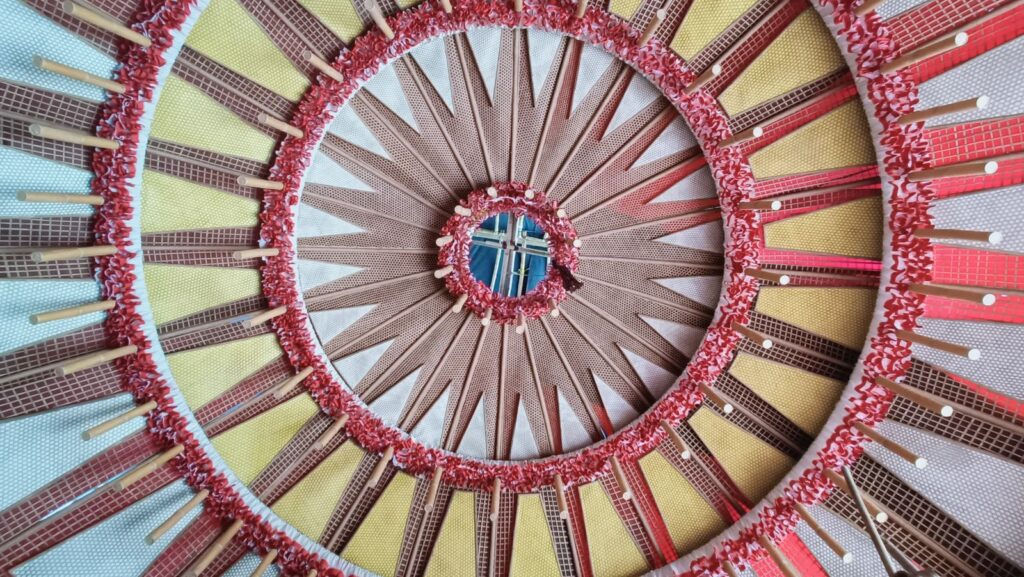
SUDDHI: A Theme of Purification
This year’s theme, “SUDDHI,” serves as a reminder of ongoing struggles for equality. The Hazra Park Puja highlights the need for continued social reform, reflecting on both progress made and challenges that remain. Organizers emphasize the puja’s role in inspiring hope and collective strength.
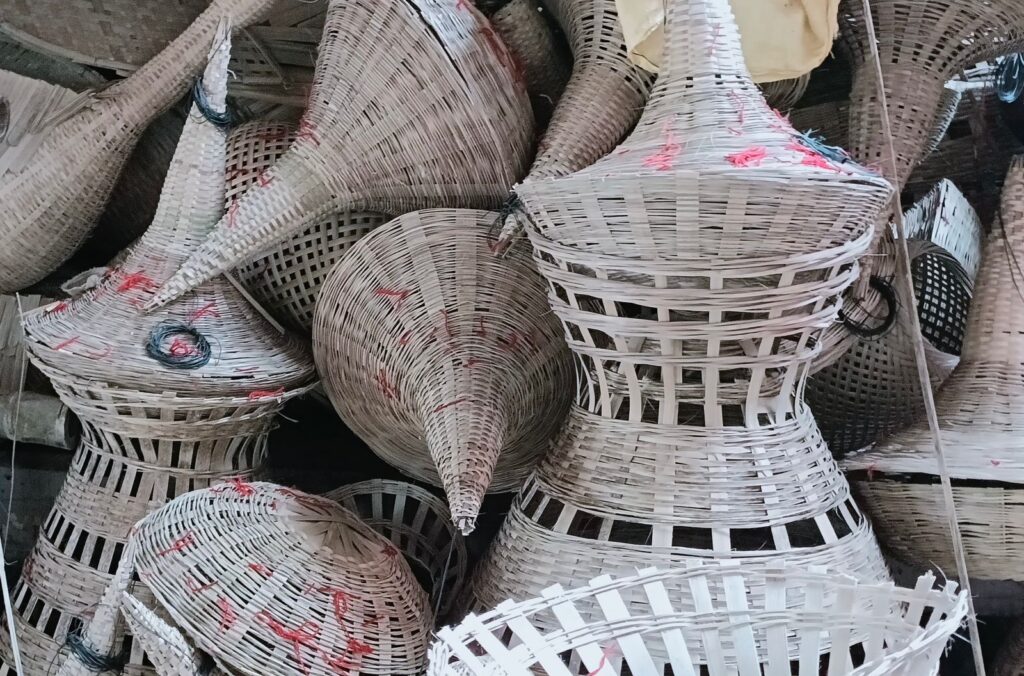
A Call for Inclusivity
Joint Secretary Sayan Deb Chatterjee noted, “Our puja is not just about faith, but collective resilience. It’s a reminder of the progress made toward a more equitable society.” The Hazra Park Puja’s inclusive spirit continues to challenge social norms, promoting a vision of unity and justice.
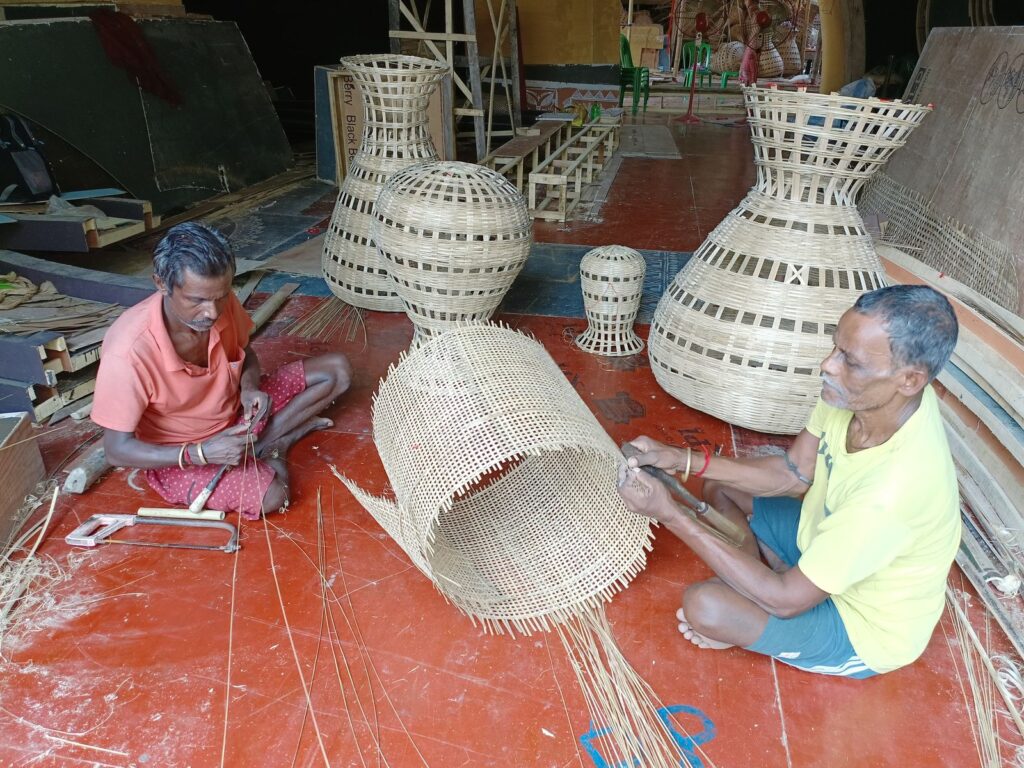
A Catalyst for Change
More than a religious festival, Hazra Park Durgotsab stands as a movement for social change, inspiring communities to embrace inclusivity. This year’s celebrations offer a powerful statement against discrimination, making the puja a beacon of hope.


